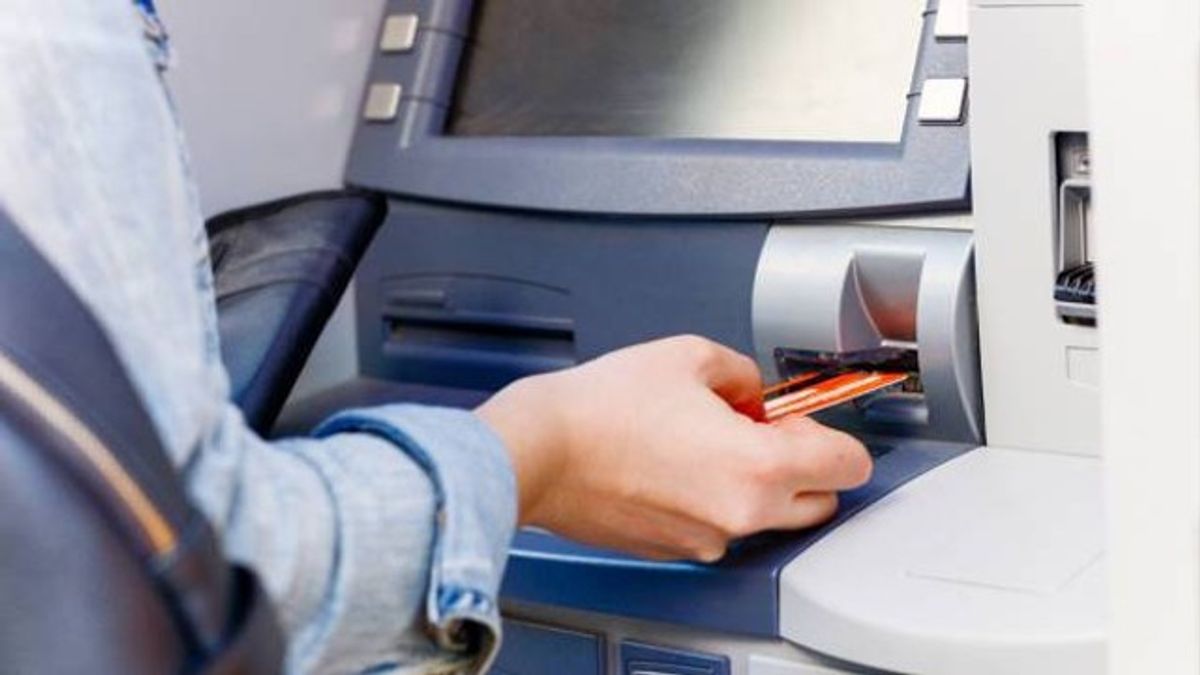JAKARTA - Cash recall machines or ATMs and PoS terminals are vulnerable to malware attacks. His attacks dropped drastically when the pandemic began to stall, but now his activity is increasing.
According to the latest Kaspersky report, the family of the HydraPoS and AbaddonPoS malware mostly attacked ATMs throughout 2022. The strike count is around 71 percent of the total ATM malware. While the most active malware is Plotulus, accounting for 3 percent.
"PoS malware is more widespread than ATM malware because it provides quite easy access to money," said Head of the Latin American Kaspersky Research Center, Fabio Assolini, in a statement received in Jakarta.
Fabio explained, malware attacks embedded systems used in ATMs and point-of-sale terminals (PoS) to steal cash, credit card credentials, and personal data.
In fact, he continued, malware can penetrate the system to gain control of all in-net devices. From this activity, attackers who use malware can earn thousands of dollars just overnight.
Fabio said that many versions of Windows used in ATMs were also easy targets for malware, while the PoS terminal in ATMs had low cybersecurity levels.
The spike in Malware Attacks
When the WHO announced the pandemic in 2019, the number of malware attacks decreased sharply compared to the previous year. From around 8,000 in 2019 to 5,000 in 2020.
Experts assess that the reason for the decline in malware attacks was due to ATM activities and restrictions around the world during the pandemic. At that time, people also preferred digital financial activities rather than going to ATMs.
In 2021, as the pandemic began to improve again and increased activities outside the home, the number of devices infected by ATM malware rose 39 percent compared to the previous year.
Growth in the threat of malware attacks will increase in 2022. In August 2022, the number will grow 19 percent compared to the same period in 2020.
With this trend, experts estimate the number of attacks on ATM and Postal devices will continue to increase in the fourth quarter of 2022.
"There is a different technique. The attacker made a phone call or even came to the victim's office. They disguised themselves as bank employees or credit card companies and tried to convince the victim to install malware as if it was a system update," said Fabio.
The English, Chinese, Japanese, Arabic, and French versions are automatically generated by the AI. So there may still be inaccuracies in translating, please always see Indonesian as our main language. (system supported by DigitalSiber.id)









